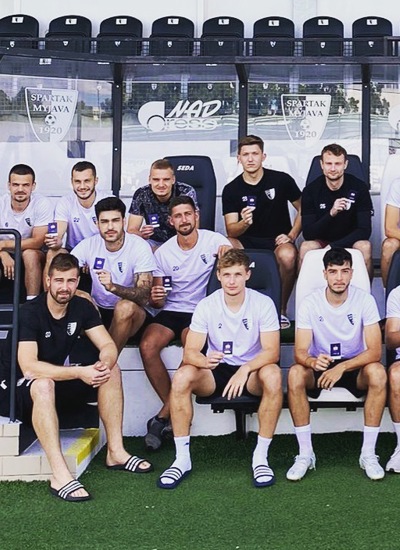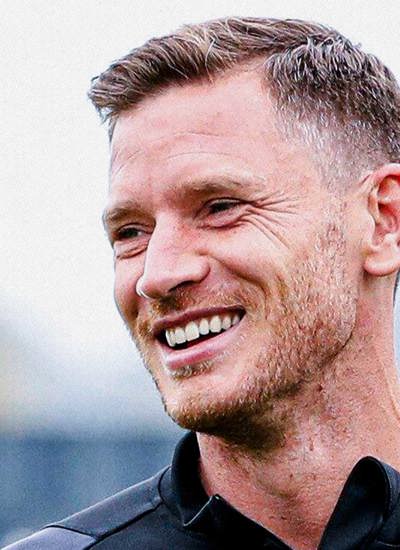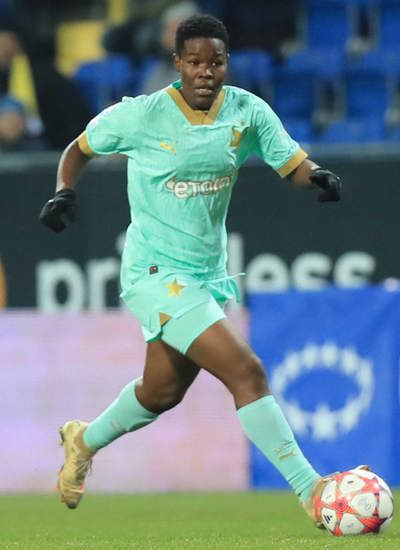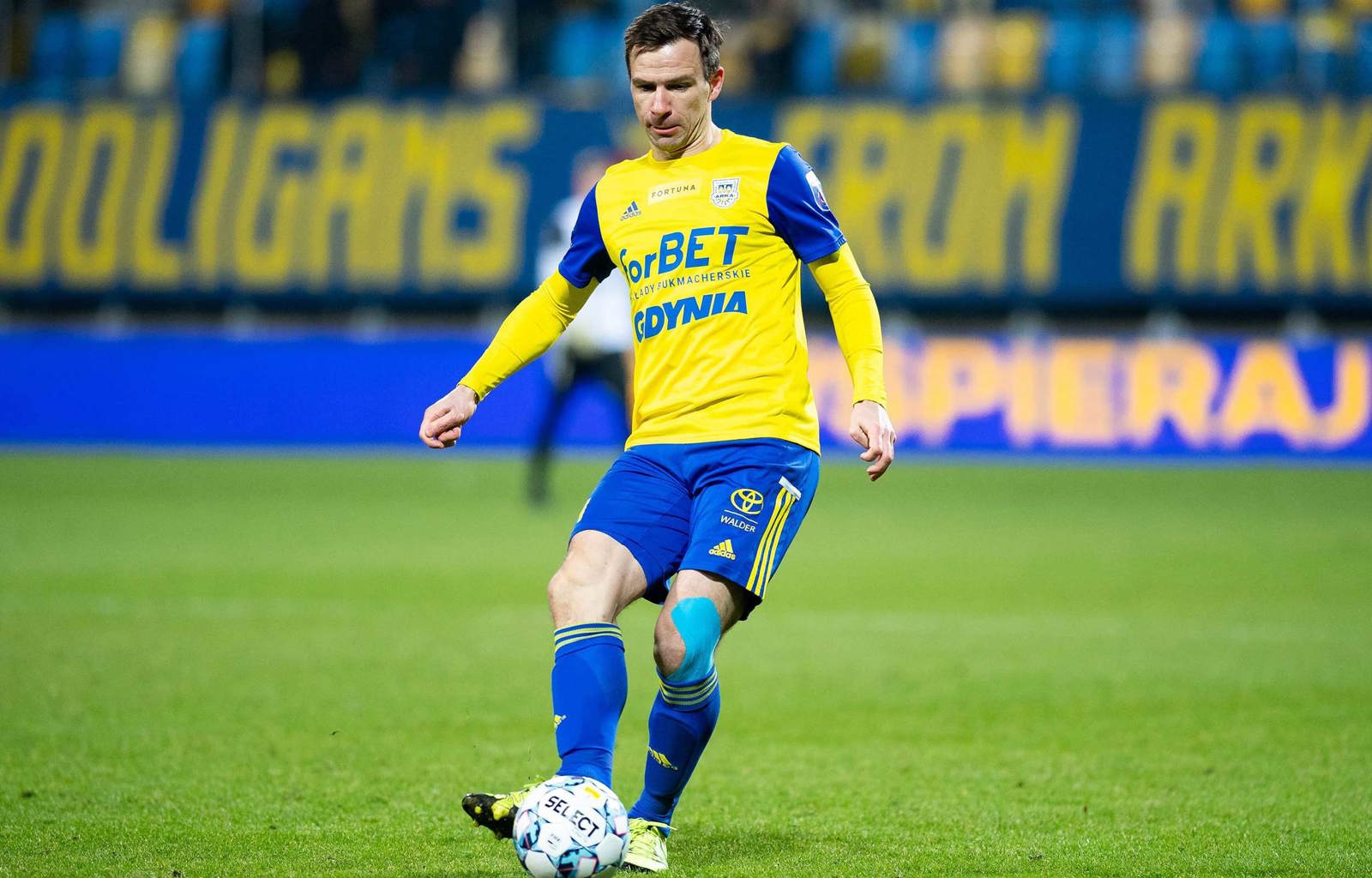
Martin Dobrotka has been a professional footballer for over 20 years. The two-time Slovakian league winner, now at Polish second-tier side Arka Gdynia, has a PhD in Political Science, and is a member of the supervisory board of player association Unia Futbalovych Profesionalov (UFP).
By Martin Dobrotka
What’s my secret to still being a footballer at 38? I didn’t do anything special; I simply love this game. I am in good health and I want to play as long as clubs want to give me a contract.
It was my dream to become a professional footballer and play at the highest level. I remember my first game when I was 19-years old and played for Czech club Ceske Budejovice. It was hard because I was young and inexperienced.
I always enjoyed watching videos of old Premier League games from 30-40 years ago, when they were very physical and sometimes made terrible challenges. I like a tough game, I like to fight, that is my style. But now referees don’t allow us to play like that anymore. The game is more tactical and technical now, and practice sessions are shorter but more intense than 20 years ago.
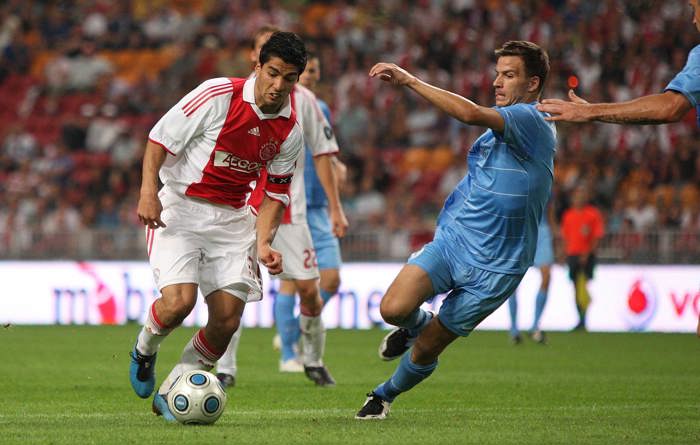
I wanted to do more than just play football; I wanted to study at university as well. I was always interested in politics and I decided to do a part-time course in political science. And when I try something, I finish it.
It is interesting to know about the differences between various election systems in the likes of France, the UK, Slovakia and the USA, and to know the history of the European Union and the USA. I enjoy politics. It is fascinating how they talk, behave and… lie. Sometimes it is not normal how much some politicians lie.
I want to know everything about geopolitics: about the USA’s interest in the East, about the West’s relationship with Russia and China, about the war in Ukraine.
My professor pushed me towards getting a PhD degree. Initially, I didn’t want to do it, but he told me: “Come on, it is only one extra year. Try it.” And that’s what I did.
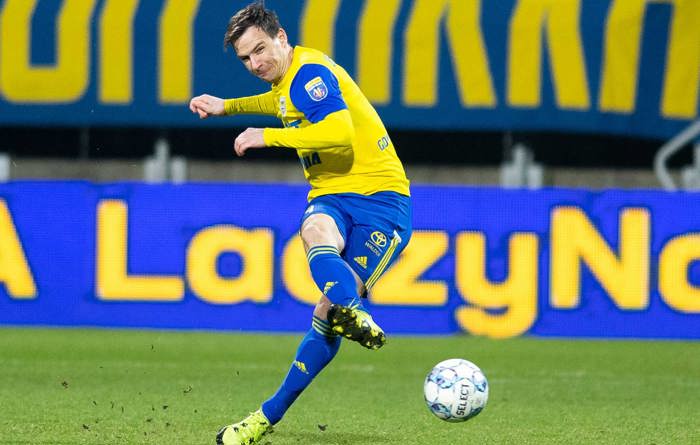
I wrote my thesis about the presidential elections in Slovakia. I compared the 2009 and 2014 elections, partly because in 2009 it was the first time that a women’s candidate, Iveta Radicova, advanced to the second round.
If I would be a politician, I would be liberal and progressive. I would try to provide people with a better chance to be what or who they want to be. I would also try to create an improved education system and health system. In recent years, these are getting worse and worse in Slovakia.
In the dressing room, we don’t speak about politics often, but I did ask team-mates about the situation in Poland, where we recently had elections.
I am not thinking about a career in politics; I would not feel comfortable in that world. I have several options for life after football: I have coaching licenses, I could start my own business, or I could help Jan Mucha, who is the president of our player association UFP.
I told Jan that when I finish my career, I would help him, help us, because we are the association and I want to help other players. I have many friends in football, especially at clubs in Slovakia, as I have played for so many years.
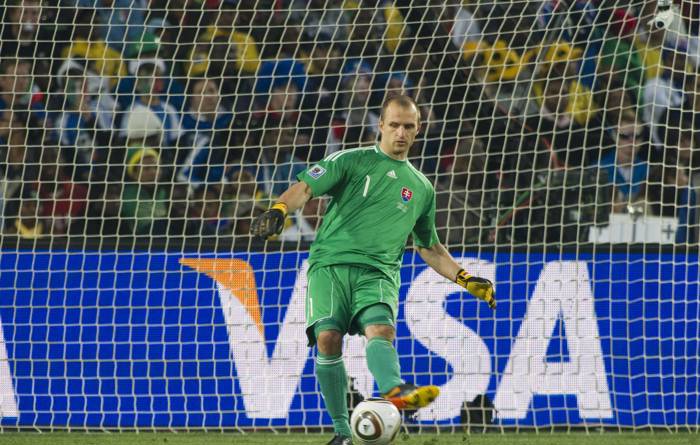
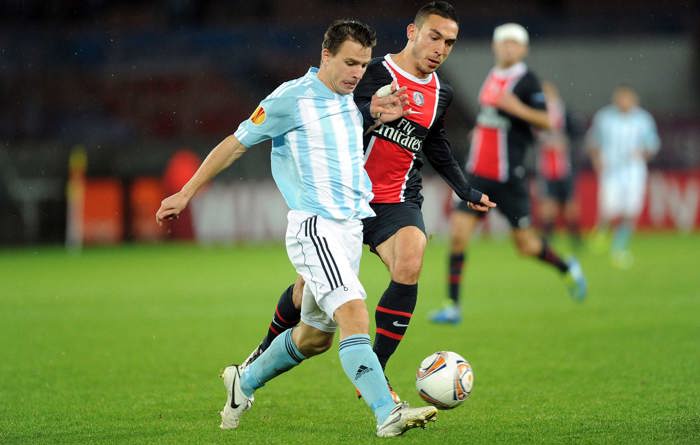
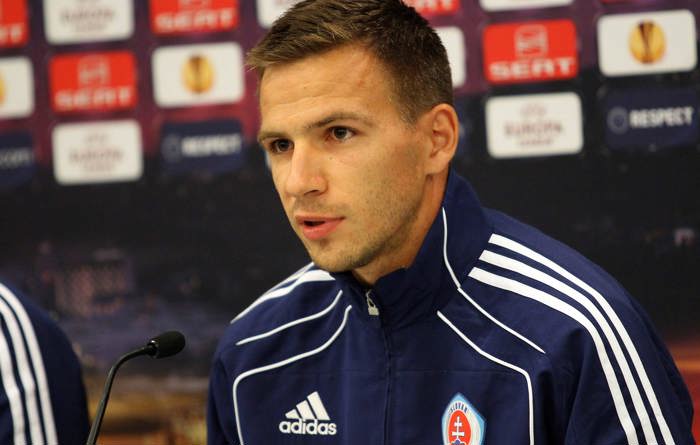
I can see how the presence of our player association has improved the football environment in our country since the union started in 2016. Clubs changed their behaviour towards players because they are more aware of their rights now.
But there are still so many things we can help players with. For example, we need to educate players better about their rights as players and workers. There are various clubs in Slovakia that like to sanction players for all sorts of things, and players just accept it. However, there are rules that clubs need to follow when they want to sanction players. If players are more aware of their rights, then they would be able to protect themselves better, and clubs would not do the things they are not allowed to do.
One aspect that is completely different from 15 to 20 years ago is that mental health support has become important, and that is a good thing. In Poland, we have a sports psychologist with our team. I have had several sessions with him, it helped me a lot.
Mental health coaches are important, not only in football, but also in real life, because many people need support. Our union has a podcast, which is hosted by a mental health coach, Lukas Stecak, and he interviewed me. We spoke about mental health in football, and how important this can be, especially when you are going through hardships in football. Maybe that could have helped me during the early stages in my career.
For every player it is important because if you feel better as a person, you will improve as a player. And if you feel better as a player, you will feel better in your personal life too.
